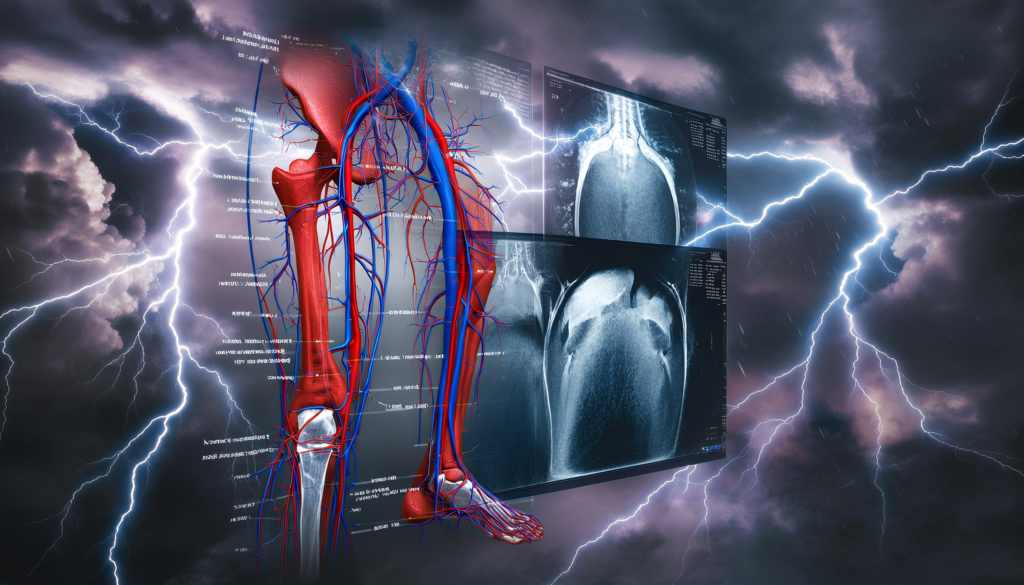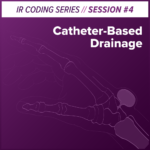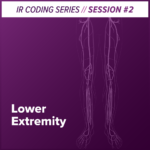“Surprise” medical billing has launched itself into controversy this year, with a multitude of stakeholders sharing concerns and arming legal options in response. In a collaborative effort, the American College of Radiology (ACR), the American College of Emergency Physicians (ACEP), and the American Society of Anesthesiologists (ASA) filed a lawsuit this past December aimed at three federal executive departments “regarding their flawed implementation of the No Surprises Act.” The coalition filed the lawsuit in the U.S. District Court for the Northern District of Illinois. Although the federal government has until March to respond, the ACR along with the other plaintiffs are exploring options to speed up the legal process.
Controversial Implications Warrant Legal Action
According to the college, the legislation included in the Consolidated Appropriations Act, 2021, was originally meant to hold “patients harmless and created an equitable process for (provider-insurer) independent dispute resolution (IDR).” However, consequential controversy arrived with the release of the “the “surprise billing” interim final rule (IFR) on Sept. 30, 2021. The ACR argues that the rule blatantly “ignored the law’s intent that the qualified payment amount (QPA) be one of many equally weighted factors considered in such disputes.” The administration however acted to elevate the QP making it the chief priority, ultimately creating a de-factor benchmark payment at the hands of insurers. The ACR asserts that “If implemented as written, the rule will result in narrower provider networks, drastic imaging cuts regardless of network status and reduced patient access regardless of their insurer.”
The No Surprises billing legislation essentially prohibits the practice of sending surprise bills for out-of-network care becoming law on January 1, 2022. The goal of the No Surprises act is to protect patients from surprise bills when they obtain medical care from out-of-network providers during an emergency setting as well as non-emergency services completed at in-network facilities. Patients will only have to account for cost-sharing amounts that they would typically be responsible for if their care had been performed in-network. The bill will already stress the operations for many physician group practices by requiring a vast amount of staffing resources, and requiring time and energy devoted to “negotiating leverage with Payors.” This will create a considerable need for strategy execution and investment in new revenue streams along with finding cost efficiencies to aid in offsetting predictable revenue cuts in the coming years.
According to the ACR, “the U.S. Departments of Health and Human Services (HHS), Labor and Treasury decided unilaterally to base these amounts on median in-network rates as calculated by the Qualified Payment Amount (QPA) methodology outlined in regulations released in July.” As a response to the situation, the ACR stated:
“The ACR, along with the American Society of Anesthesiologists and the American College of Emergency Physicians filed a lawsuit in December against the HHS, Labor and Treasury, charging that their interim final rule detailing the IDR process goes against the statutory intent by instructing the IDR entities to make the QPA the primary determining factor rather than considering it equally among other factors in determining payment. The medical associations maintain that this interpretation sets an artificially low payment benchmark for all care, both in-network and out-of-network.”
Since the mandated provisions are giving “undue” weight to a “Qualified Payment Amount” (QPA) in the Independent Dispute Resolution and this payment process is already effective as of January 1st, the ACR and its coalition are hoping to hasten their legal response.The ACR acknowledges that the case will not follow standard elements normally attributed to similar legal cases, which includes removing the elements of discovery or witnesses. These exclusions are a result of the reality that the lawsuit “only challenges one aspect of the No Surprises Act—how the federal government will determine paying members for their services if they are out of network.”
With the lawsuit being both a focused and targeted approach, the ACR argues that the college won’t require a broad review of the government’s evidence that informed the rulemaking. Instead, the ACR asserts, it “will emphasize demonstrating harm to its members—and ultimately patient care—as quickly as possible.”
Explore more regulatory, policy, and coding knowledge to master compliance and coding with our monthly Radiology Compliance Manager.
Information Sources:
https://www.acr.org/Advocacy-and-Economics/Advocacy-News/Advocacy-News-Issues/In-the-Jan-8-2022-Issue/Next-Steps-in-ACR-No-Surprises-Act-Lawsuit
https://www.acr.org/Advocacy-and-Economics/Legislative-Issues/Surprise-Billing
https://www.acr.org/Advocacy-and-Economics/Advocacy-News/Advocacy-News-Issues/In-the-Jan-8-2022-Issue/Provisions-of-the-No-Surprises-Act-Now-in-Effect
https://www.acr.org/-/media/ACR/Files/Advocacy/FILEDASA-ACEP-ACR-v-HHS–Complaint-D0979878.pdf
https://www.acr.org/Advocacy-and-Economics/Advocacy-News/Advocacy-News-Issues/Dec-25-2021-Advocacy-in-Action-Special-Report/ACR-Files-No-Surprises-Act-Lawsuit-to-Protect-Patient-Care













